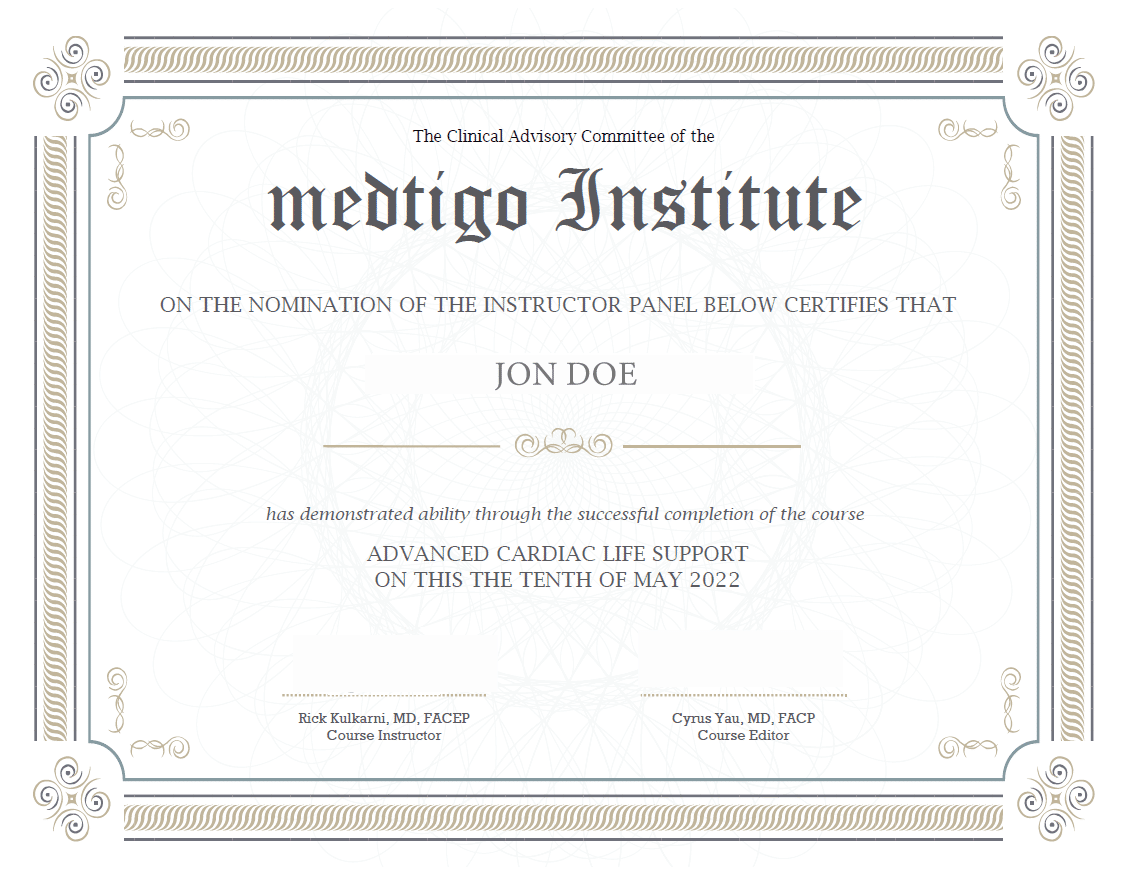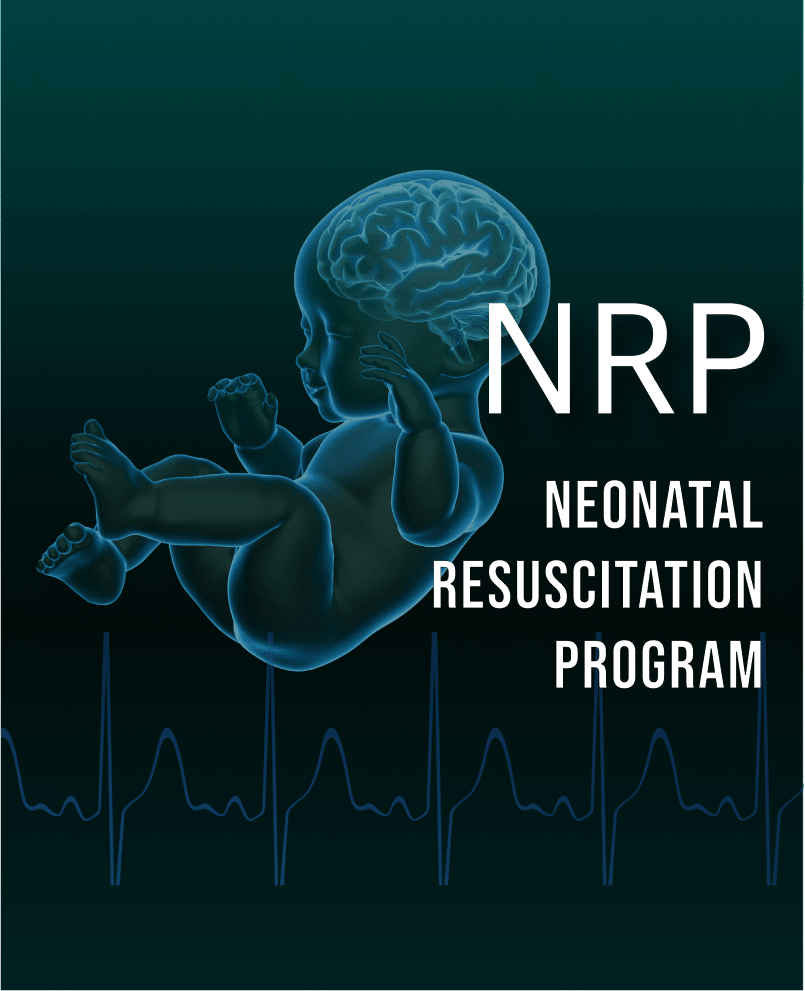The governments of 5 countries have come together for the first time in history to tackle chemical pollution. It marks a significant milestone as these nations (Albania, Burkina Faso, India, Montenegro and Uganda) unveil a US$ 134 million project to eliminate the use of mercury in medical devices. Thermometers and sphygmomanometers (devices which measure blood pressure) are essential medical devices used widely in healthcare.
Devices which historically contain mercury are harmless as long as they remain intact. However, breakages of thermometers are common and inhalation can cause damage to the lungs, kidneys and nervous system, while the waste generated can contaminate the immediate area of the spill, as well as a facility’s wastewater.
The Phasing out of mercury devices, led by the United Nations Environment Programme ( UNEP) with funding from the Global Environment Facility will develop and implement nationwide strategies to phase out the import, export and manufacture of thermometers and sphygmomanometers. It can be said that this will involve transforming procurement and supply chains including training of medical staff or building public awareness among the public.
The Director of UNEP’s Industry and Economy Division says that they need to look at this in the context of one’s health. She also mentions that this initiative is not only important for human well-being but it also impacts healthcare worldwide. This five-year project will see Albania, Burkina Faso, Montenegro and Uganda working in line with international best practice, educating procurement officers on the efficacy of widely available alternative devices and raising awareness amongst manufacturers and the public, as per WHO recommendations and the Minamata Convention on Mercury.











